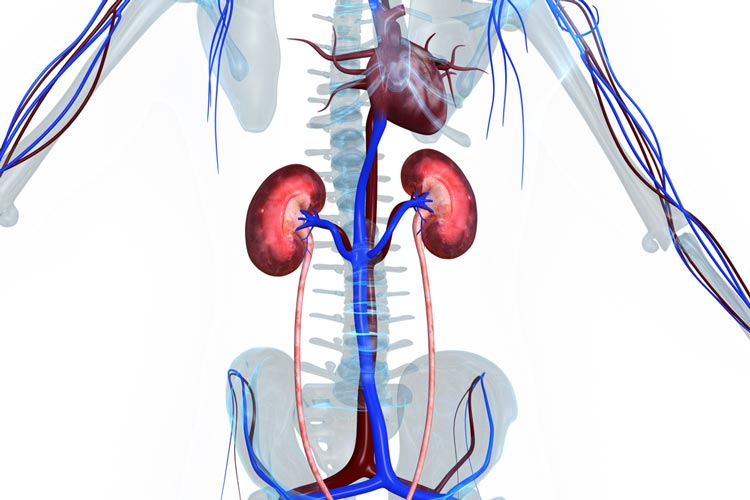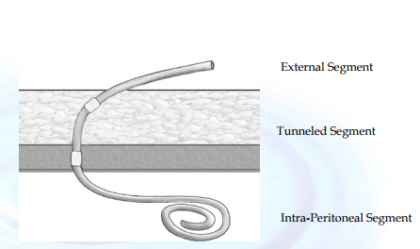Over the past decade, as more is revealed about the intricacies between the heart and kidney, their relationship to one another is becoming better defined. Though this paradigm of integrative physiology is being adapted across all of medicine, it is readily palpable between cardiology and nephrology, and cardiorenal medicine is emerging as a distinct focus. Still, the norm has been that each discipline sees the other from the perspective of their own. Understanding the importance of integrative medicine, some institutions are now offering nephrology training with clinical focus in cardiology. University of Texas Health at San Antonio Nephrology fellowship program created one such track in collaboration with the Division of Cardiology in 2019. Two fellows in the track, Drs. Shashank Singh and Rahul Patel shared their experiences with Renal Fellow Network (Responses combined for brevity)

What is a Cardiorenal Track?
Simply put, this track is designed to complete a 2-year nephrology fellowship with cardiology exposure. After completion of nephrology requirements, interested fellows may pursue a cardiology fellowship.
What are the cardiology rotations?
At our institution, cardiology exposure comes in the form of rotations in cardiac care unit (CCU), echocardiography/cardiac stress testing, catheterization lab, cardiology consults, electrophysiology, heart failure, and a short dedicated period of cardiorenal research.
Why did you decide to pursue this track?
Very often, patients with heart disease have concomitant reductions in kidney function and vice versa. The National Institute of Diabetes and Digestive and Kidney Diseases reports CKD in ~14 percent of the general population, half of whom self-report cardiovascular disease- the true number is likely larger.
“It makes sense to me to become a physician trained to treat both aspects of a spectrum of diseases that affects so many people.“
Do you have to apply to the cardiology match again if you want to do both fellowships?
Yes!
Presently there are no criteria for a combined ACGME-accredited program. Therefore, eligibility for both Nephrology and Cardiology boards requires both fellowships to be completed – fellows are not given a Cardiology fellowship position at the beginning of the track.
The bottom line
At the end of nephrology training you may apply at your program or elsewhere for cardiology. Alternatively, you may decide to not pursue further training. If you do choose to stop after nephrology fellowship, you will be a nephrologist with clinical focus in cardiorenal patients.
“As the population at risk for cardiorenal dysfunction continues to rise with the epidemic of obesity and diabetes, I believe the lines separating disciplines will continue to fade. “
Shashank Singh and Rahul Patel are Nephrology fellows at University of Texas San Antonio and are pursuing cardiorenal tracks.



Hi Zamir – these authors are from UT San Antonio but there are a few like it. Remember that this is a “track” and so you would have to still apply for general cardiology fellowship. For more information I’d reach out to the nephrology division at UTSA.
Thanks!
RFN
hi,
where is this available ,which institution,i completed my general nephrology fellowship